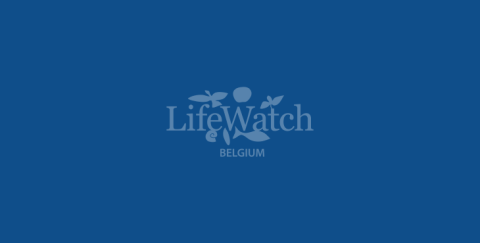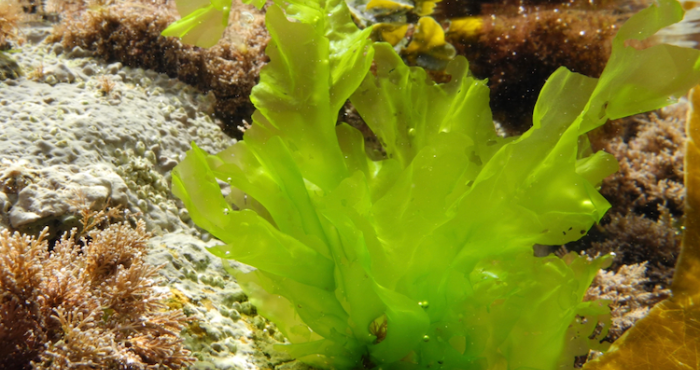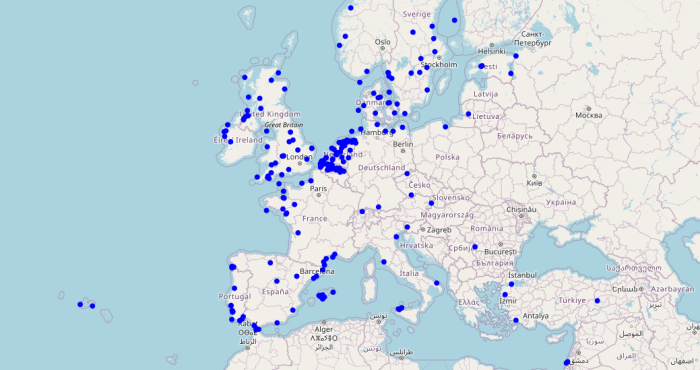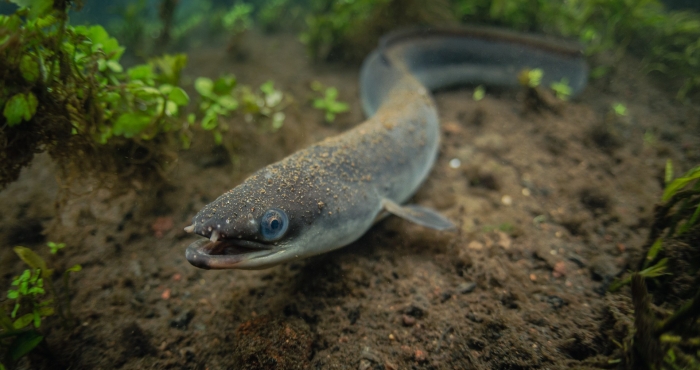First meeting expert group on the LifeWatch marine observatory and data archaeology
On Friday the 1st of March, the expert group for the LifeWatch marine observatory and data archaeology met for the first time at the Flanders Marine Institute (VLIZ) in Ostend, Belgium.

The goal of this expert group is to:
The members of the expert group were selected based on their well-established experience in monitoring of biodiversity and ecosystem functioning. The expert group unites scientists from several universities and research institutes: the Flanders Marine Institute (VLIZ), the Research Institute for Nature and Forest (INBO), Ghent University (UGent), the Catholic University of Leuven (KU Leuven), the University of Hasselt (UHasselt), the Management Unit of the North Sea Mathematical Models (MUMM), the Institute for Agricultural and Fisheries Research (ILVO), the Flemish Institute for Technological Research (VITO), the Royal Netherlands Institute for Sea Research (NIOZ) and the University of Wageningen (the Netherlands).
During this first meeting, the data archaeology work plan was reviewed, and the marine observatory was discussed in terms of availability, desirability, feasibility and collaboration.
- Contribute to the construction of a marine observatory in the Belgian part of the North Sea, based on scientific data and expertise
- Contribute to drawing up an inventory and priority list for the marine data archaeology
- Contribute to obtain an unambiguous data policy for the data generated by the marine observatory and the data archaeology activities
The members of the expert group were selected based on their well-established experience in monitoring of biodiversity and ecosystem functioning. The expert group unites scientists from several universities and research institutes: the Flanders Marine Institute (VLIZ), the Research Institute for Nature and Forest (INBO), Ghent University (UGent), the Catholic University of Leuven (KU Leuven), the University of Hasselt (UHasselt), the Management Unit of the North Sea Mathematical Models (MUMM), the Institute for Agricultural and Fisheries Research (ILVO), the Flemish Institute for Technological Research (VITO), the Royal Netherlands Institute for Sea Research (NIOZ) and the University of Wageningen (the Netherlands).
During this first meeting, the data archaeology work plan was reviewed, and the marine observatory was discussed in terms of availability, desirability, feasibility and collaboration.



